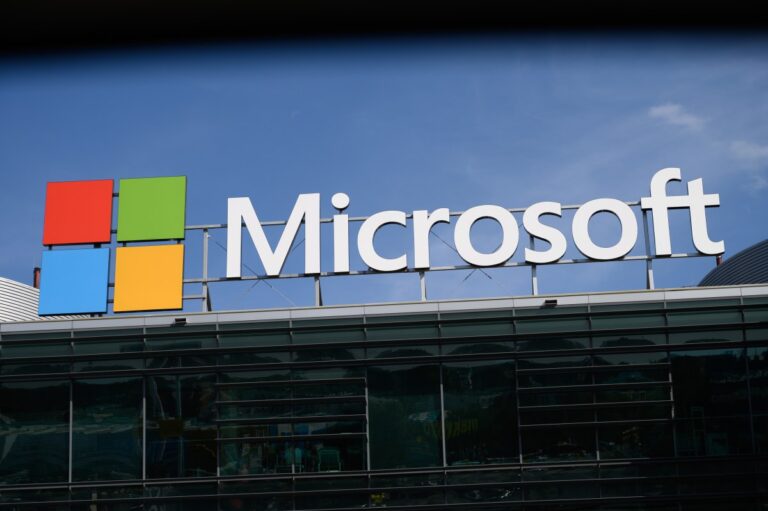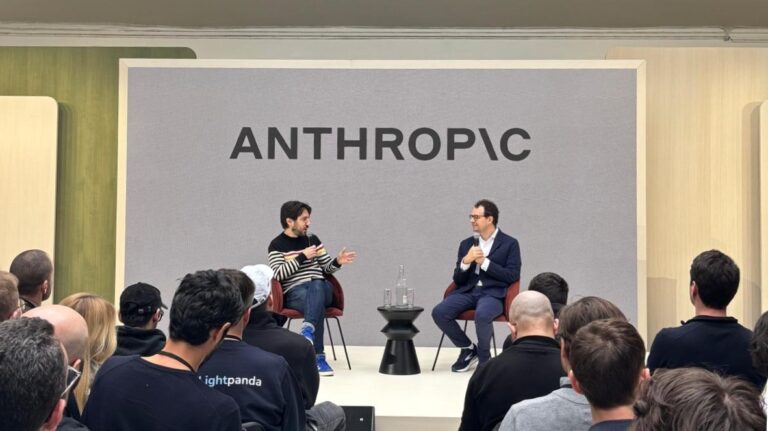Navigating the IPO Landscape: Forerunner’s Strategic Approach as Startups Face Stalled Growth
Forerunner Ventures has played a pivotal role in shaping the landscape of consumer startups over the past thirteen years. This venture capital firm has been instrumental in launching innovative brands such as Warby Parker, Bonobos, and Glossier, which have all opted against the traditional IPO route. Instead, these brands have leveraged alternative methods for public offerings, reflecting a broader trend in the startup ecosystem.
The Evolution of IPOs in the Startup Ecosystem
According to Kirsten Green, founder of Forerunner Ventures, the shift away from conventional IPOs is not indicative of failure. In fact, many companies are thriving without going public in the traditional sense.
Success Stories Beyond Traditional IPOs
- Warby Parker: Went public via a special purpose acquisition vehicle (SPAC).
- Bonobos: Acquired by Walmart, showcasing the viability of mergers and acquisitions.
- Glossier: Remains privately held, continuing to grow within its niche.
Other notable companies in Forerunner’s portfolio include:
- Chime: A fintech company that has confidentially filed for an IPO.
- Ōura: A smart ring company that is not currently pursuing an IPO, according to CEO Tom Hale.
Insights from Kirsten Green at TechCrunch
During a recent discussion at TechCrunch’s StrictlyVC event, Green expressed her confidence in Ōura, labeling it an “off-the-charts phenomenal company.” She emphasized that the focus remains on growth rather than immediate public offerings.
The Shift to Secondary Markets
Green noted that investors have adapted to a landscape with fewer initial public offerings (IPOs). She highlighted the increasing importance of the secondary market for managing liquidity and exposure. Her firm actively participates in this market, stating:
“We’re engaged in the secondary market, buying and selling.”
This shift has implications for venture capital, which typically operates on a 10-year fund lifecycle. Green explained that companies now require significant valuations to successfully enter public markets, resulting in longer waits before going public.
Price Discovery and Market Dynamics
Green pointed out that price discovery is more efficient in a robust secondary market with multiple participants. For instance, Chime’s valuation fluctuated dramatically from $25 billion in 2021 to about $6 billion last year, before rising again to an estimated $11 billion.
She explained:
“With the secondary market, you’ve got more people in the mix, right? And then when you [eventually] go to the public markets, you’ve got everybody setting the price.”
Forerunner’s Focus on Early Investments
Forerunner Ventures prides itself on identifying emerging trends early. As Green noted:
“We try to be early.”
This strategy has proven successful with direct-to-consumer (DTC) brands like Bonobos and Glossier, as well as subscription-based companies such as The Farmer’s Dog, which is reportedly generating $1 billion in annual revenue.
The Future of Venture Capital
As the startup ecosystem continues to evolve, Green believes that great companies require time to mature. The venture capital landscape is learning to embrace patience and creativity in pursuit of growth.
For more insights, you can listen to our full conversation with Kirsten Green on the StrictlyVC Download podcast, where new episodes are released every Tuesday morning.







